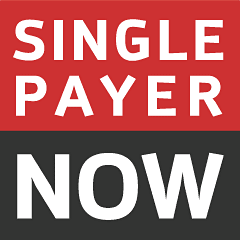 In speaking out against a bill that would make sure no pregnant person could be denied medical coverage due to their pregnancy, a health insurance lawyer unintentionally made a great case for a national, single payer health program.
In speaking out against a bill that would make sure no pregnant person could be denied medical coverage due to their pregnancy, a health insurance lawyer unintentionally made a great case for a national, single payer health program.
Shawn Donahue is an attorney at Blue Cross & Blue Shield of Rhode Island and last Tuesday he spoke at the House Corporations Committee meeting to oppose a bill that would ensure “no pregnant applicant for medical insurance coverage would be denied coverage due to her pregnancy.”
I want to stress at the outset that Donahue seems like a decent man, and I sensed that he was somewhat uncomfortable speaking out against this bill.
“No one believes in the importance of pre-natal care more than Blue Cross,” said Donohue, “We’ve invested in it.”
That’s true. “Getting early and regular prenatal care is one of the most important things you can do for the health of both you and your baby,” says Blue Cross on its website. The site contains a wealth of information and advice on healthy pregnancies. But we don’t have to assume that Blue Cross is promoting neonatal care out of any sense of public service. Healthy pregnancies are cheaper for insurance companies. An insured baby, with proper neonatal care, is less likely to have expensive health problems going forward.
The importance of prenatal care is underscored by the health risks associated with not having such care.
“Women in the United States who do not receive prenatal care have an increased risk of experiencing a neonatal death… Lack of prenatal care is associated with a 40 percent increase in the risk of neonatal death overall…” says the Guttmacher Institute, citing a study, “Black women are more than three times as likely as white women not to receive prenatal care, and regardless of their prenatal care status, their infants are significantly more likely to die within their first 27 days of life than are infants born to white women.”
Other risks from not receiving adequate prenatal care include low birth weight for the infant, and pre-eclampsia, a form of organ damage, that affects the mother. From a human perspective, this is terrible and unnecessary. From the perspective of an insurance company, such health problems are expensive.
Yet, said Donohue, speaking for Blue Cross at the Rhode Island State House, “The only way insurance works is if you purchase it when you don’t need it so it’s there for you when you do. If you allow people a special enrollment period, whether they’re diabetics, cancer patients or pregnant people, they won’t buy it until they need it.”
The Affordable Care Act (ACA or Obamacare) mandates that Rhode Islanders buy private insurance on the state run health insurance exchange, HealthSourceRI. “If you’ve missed the open enrollment period,” said Donohue, “ you’ve broken the law and now you are penalized for that, and the penalties start to grow.”
Donahue is talking about financial penalties of course, but the real penalties from a societal point of view are dead babies, or babies and mothers with terrible health outcomes. Suddenly the financial penalty for not complying with the ACA mandate seems rather small and meaningless, doesn’t it? But more to the point, it’s exactly these negative health outcomes that Obamacare was supposed to address.
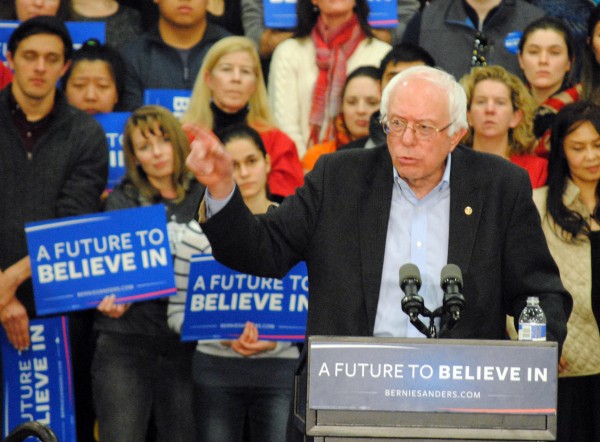 “We don’t let people buy insurance on their way to the hospital in an ambulance,” said Donahue. I would say that having to worry about financial issues during a medical emergency is a major system failure, and further, these gaps in care for vulnerable Americans expose the weaknesses in today’s for-profit health insurance industry, of which Blue Cross & Blue Shield of Rhode Island is a big part.
“We don’t let people buy insurance on their way to the hospital in an ambulance,” said Donahue. I would say that having to worry about financial issues during a medical emergency is a major system failure, and further, these gaps in care for vulnerable Americans expose the weaknesses in today’s for-profit health insurance industry, of which Blue Cross & Blue Shield of Rhode Island is a big part.
According to Physicians for a National Health Program (PNHP), “Single-payer national health insurance, also known as ‘Medicare for all,’ is a system in which a single public or quasi-public agency organizes health care financing, but the delivery of care remains largely in private hands. Under a single-payer system, all residents of the U.S. would be covered for all medically necessary services, including doctor, hospital, preventive, long-term care, mental health, reproductive health care, dental, vision, prescription drug and medical supply costs.

“The program would be funded by the savings obtained from replacing today’s inefficient, profit-oriented, multiple insurance payers with a single streamlined, nonprofit, public payer, and by modest new taxes based on ability to pay. Premiums would disappear; 95 percent of all households would save money. Patients would no longer face financial barriers to care such as co-pays and deductibles, and would regain free choice of doctor and hospital. Doctors would regain autonomy over patient care.”
On the national scene Bernie Sanders has championed single payer, calling it Medicare for All. “Health care must be recognized as a right, not a privilege,” says Sanders, “Every man, woman and child in our country should be able to access the health care they need regardless of their income. The only long-term solution to America’s health care crisis is a single-payer national health care program.”
State Representative Aaron Regunberg has introduced, for the second time, a bill to bring the benefits of a single payer health insurance program to Rhode Island. His bill would “act would repeal the ‘Rhode Island Health Care Reform Act of 2004 – Health Insurance Oversight’ as well as the ‘Rhode Island Health Benefit Exchange,’ and would establish the Rhode Island comprehensive health insurance program.”
His bill deserves our support.


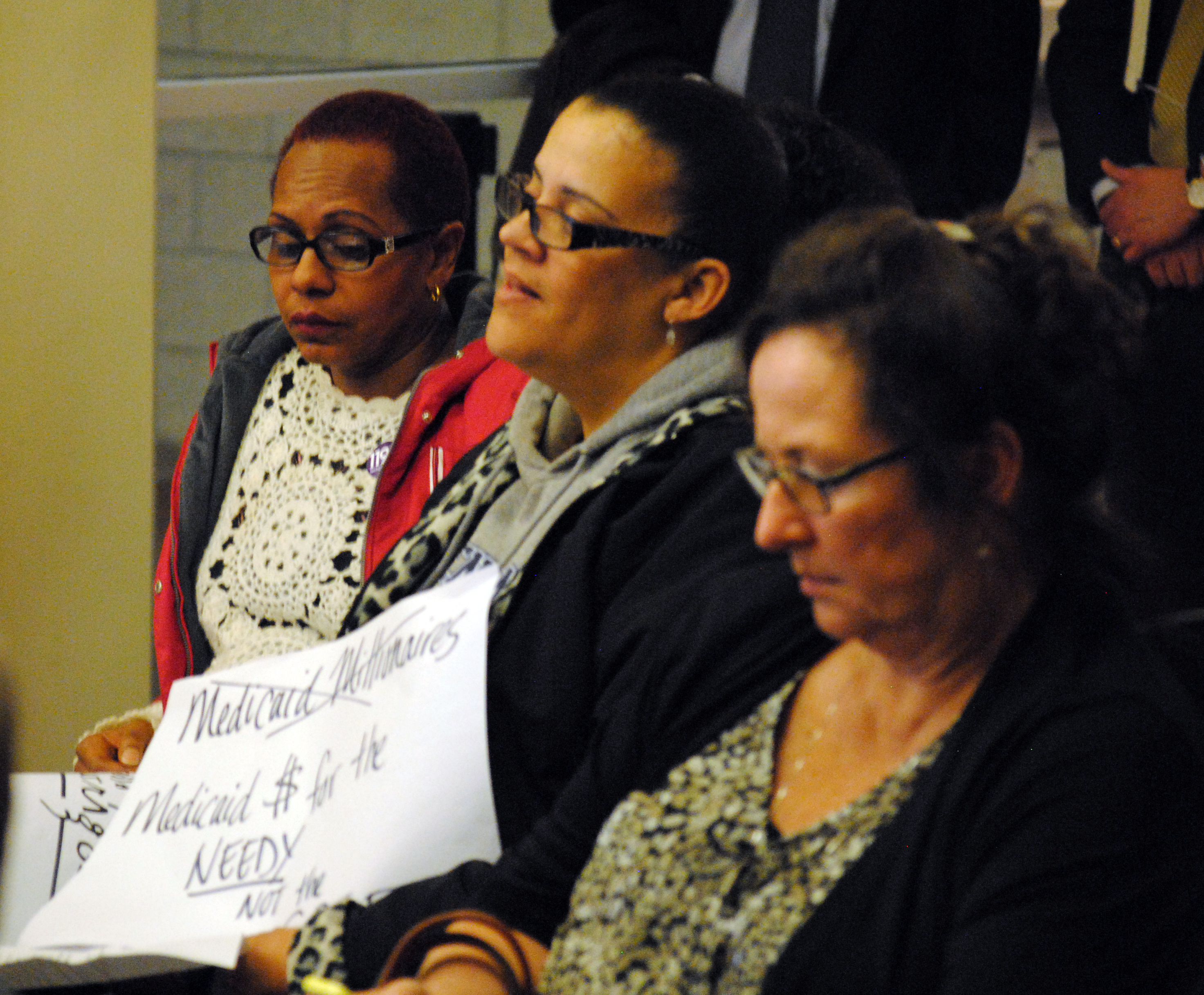
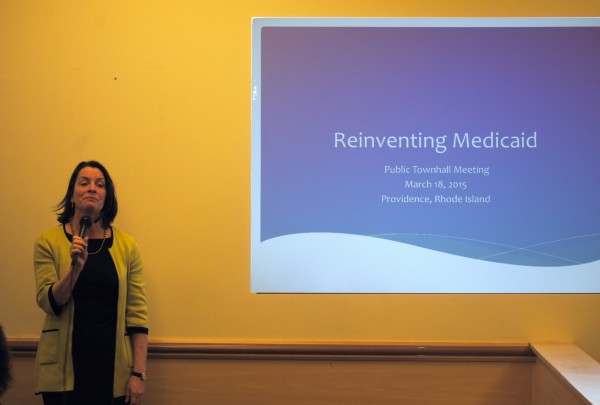
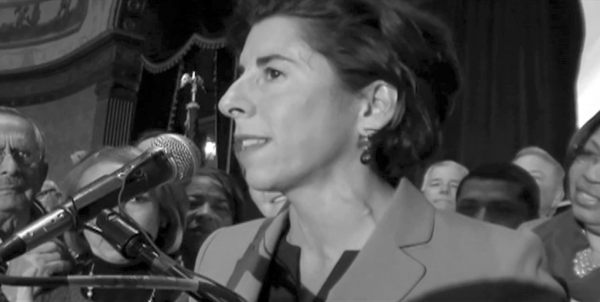
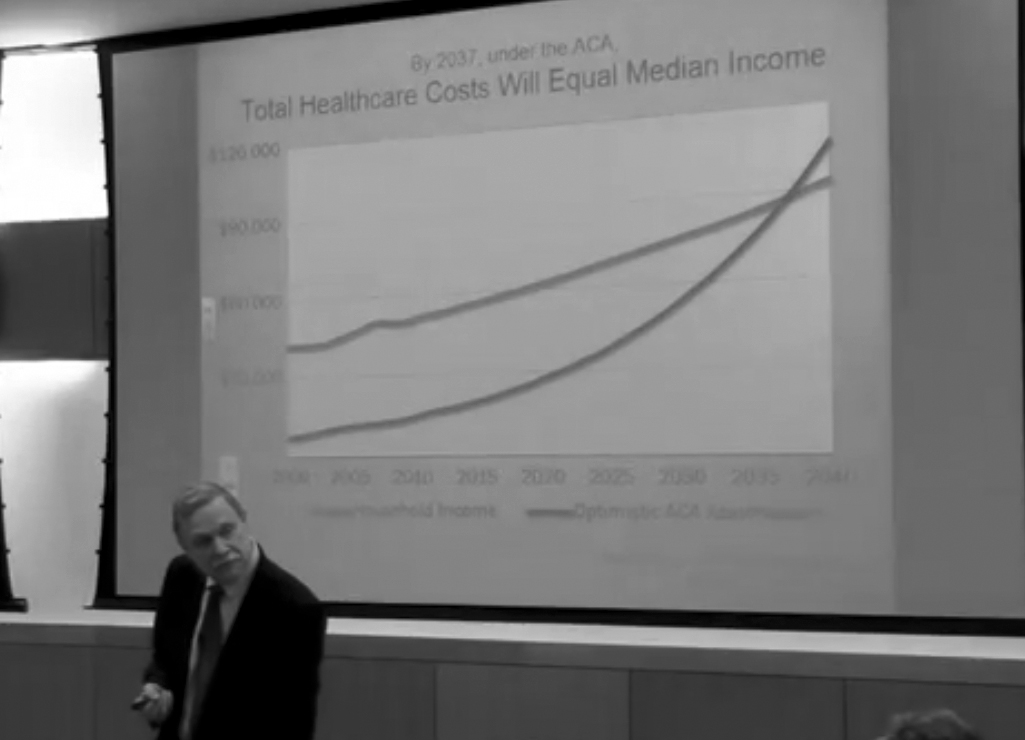
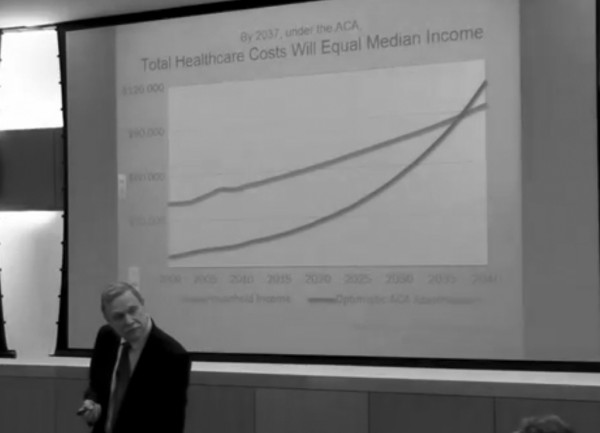
 Representative Aaron Regunberg, from the East Side’s District 4, is planning to introduce legislation for a statewide single payer healthcare plan this session. Model legislation from the PNHP is available
Representative Aaron Regunberg, from the East Side’s District 4, is planning to introduce legislation for a statewide single payer healthcare plan this session. Model legislation from the PNHP is available